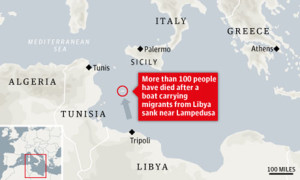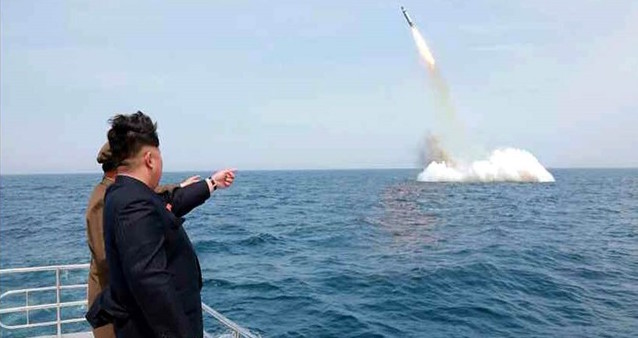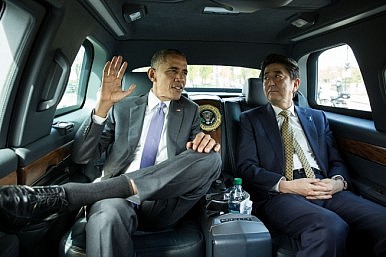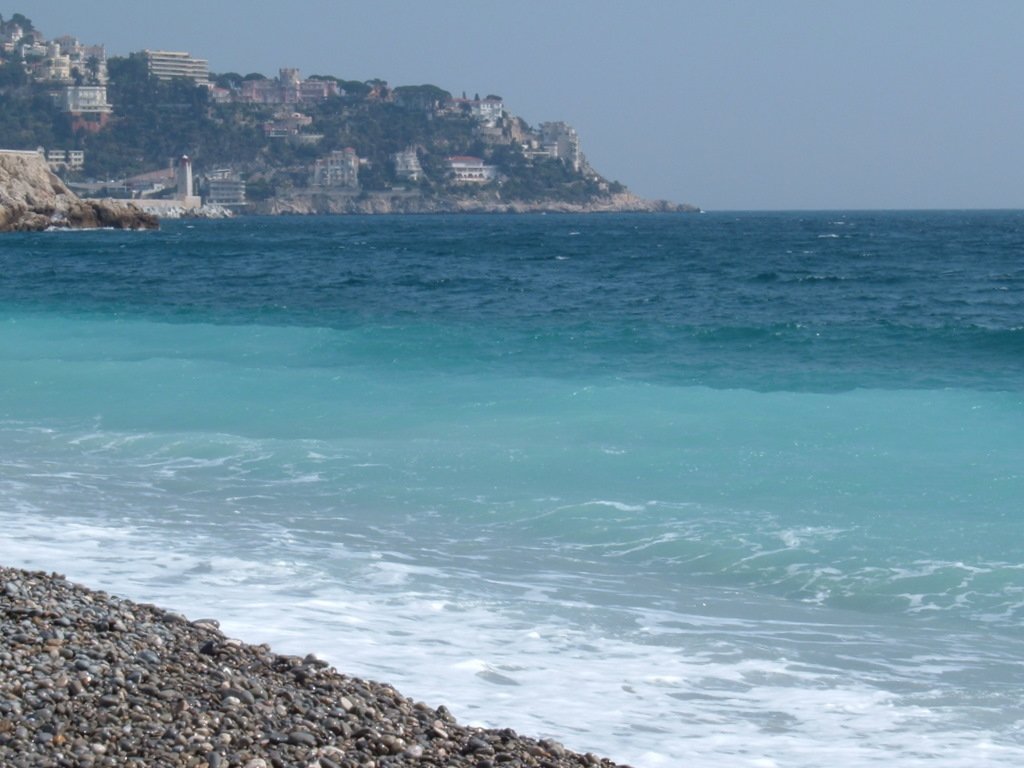On July 1, 2014 Italy began its six-month presidency of the European Union, promising to make immigration its top priority. Fittingly, last week Matteo Renzi, the Italian Prime Minister, urged the EU to take over its Mare Nostrum program. Mare Nostrum is a humanitarian program operated by the Italian Navy which to date has rescued over 60,000 migrants fleeing across the Mediterranean from North Africa. The program costs the Italian navy over 9 million euros per month. Consequently, there has been increasing financial pressure, as well as an overloading of Italian immigration facilities.

Mare Nostrum was adopted after two small fishing boats carrying fleeing African migrants capsized off the Italian island of Lampedusa last October, leaving more than 400 dead. This tragedy underscored the need for humanitarian assistance to those whose lives are threatened if they remain in their homelands. With another 30 found dead this past June 30, and another 70 missing as of July 2, it is clear that unless Italy receives the support it needs, more migrants will continue to make the voyage, and more will likely suffer similarly.
Italy is asking the EU to take over the mission because of the Union’s Dublin Regulation, which states that the country a migrant lands in is responsible for processing them. Coastal countries, like Italy, are thus forced to handle the majority of landed migrants who are fleeing North Africa. If the EU were to officially take control of this mission, then the ships picking up migrant boats would count as EU territory, and thus the responsibilities, financial burdens, and immigration facilities can be shared by member states. This would relieve the domestic pressures currently being placed solely on the Italian Government.
Critics of the Mare Nostrum program claim that these migrants know the risks of the voyage, and thus the expensive program is simply a costly taxi service, which encourages further unwanted migration. The illegal migration is presented as part of a larger criminal network that exploits Italy’s ports as a way to infiltrate Europe according to Matteo Salvini, the leader of Italy’s xenophobic Northern League. On June 30, Salvini wrote on his Facebook that the recent 30 deaths are on the consciences of those who defend Mare Nostrum. However, this way of understanding the program leaves little room for sympathies to the families fleeing civil war. It also changes the primary focus of the mission from humanitarian assistance to security concerns and financial challenges.
Despite criticisms from right wing politicians, and the crumbling economies littered throughout Europe, the EU will likely be supportive of Italy’s proposal given the increasingly security driven approach the EU has taken towards their maritime policy. But given the xenophobic aspect of Europe’s growing right wing, a policy that supports North African immigration will likely be rejected by them. If responsibility for the mission is positioned as a security concern rather than a humanitarian one, the centrist politicians may be more supportive, which could see the policy adopted by the Union.

However, the way the issue is framed has more to do with making it palatable to Europeans, and thus popularizing it, rather than presenting it in honest terms. Where there is a humanitarian crisis there is a security challenge and pretending it is one and not the other only serves to reduce the human tragedy at hand to misinformed talking points.
The security concern that illegal trafficking would be made easier if all overcrowded boats crossing the Mediterranean were assumed migrants fleeing war, rather than potential criminals remains a challenge. This concern of Mare Nostrum is not easily overcome for the simple fact that until these migrants are picked up and processed, there is no way to know for sure who is a victim of civil war and who is taking advantage of chaos. Regardless, if Mare Nostrum is accepted on the basis of a security response to the North African diasporas, then presumably all boats making the dangerous voyage across the Mediterranean are worth picking up and processing.
Interestingly, while Europe’s right wing often claims that refugees flee north in search of a better life using refugee status as a convenient guise, “the truth is that 86% of the world’s refugees live in the developing world” according to UN High Commissioner for Refugees, Antonio Guterres. He also described how the world is facing an “enormous increase of forced displacement” as a result of the International Community’s collective inability to stop, resolve, or prevent conflicts.
The Western world should not involve itself in every global crisis, but if the EU accepts Italy’s Mare Nostrum project in order to relieve Italy’s domestic pressures, then hopefully more migrants can be rescued, and disasters like the Lampedusa shipwrecks can be avoided.




